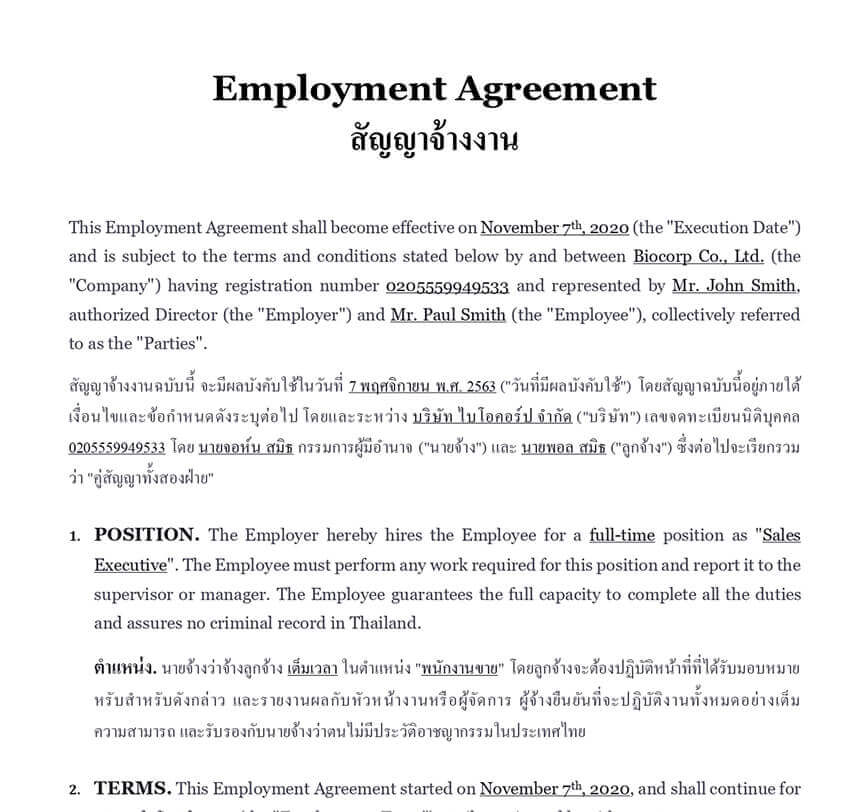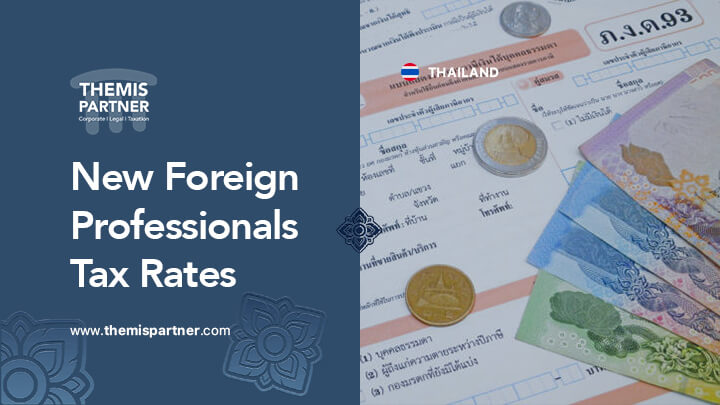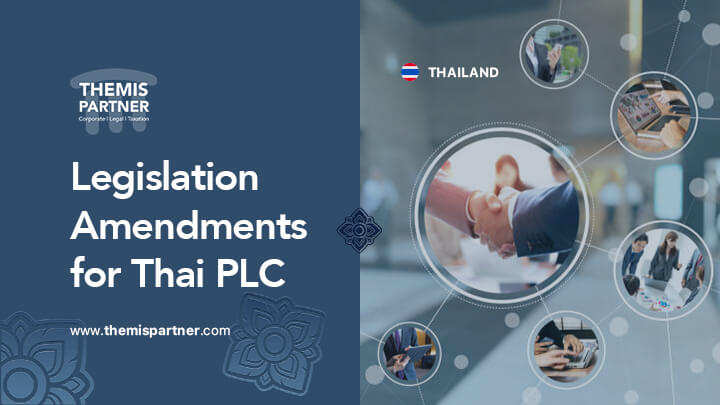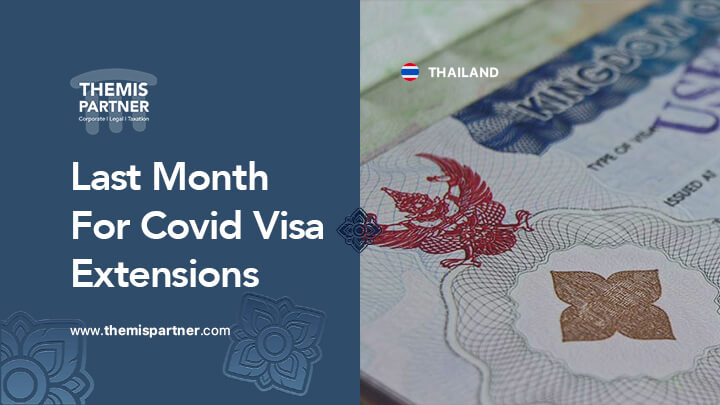As an employee, you have a legal right to paid vacation. Your employment agreement must specify the start and end date of the vacation year. It should also describe any periods of the year that are not available for vacation, for example if you work in the hotel industry, the Christmas period may not be available. There is no legal right to take holidays as paid annual leave on certain days. Instead, your contract must confirm whether the holidays are included in your entitlement or whether they are additional.
All employers are subject to automatic enrolment and your contract must specify the details of your pension or pension scheme and the relevant contribution rates. Some employers may wish to refer you to other documents, if they do, the relevant documentation must be referred to in your contract and it must be made available to you.
In law, there is very limited protection for an employer’s confidential information. As a result, most employment contracts will contain express clauses to protect information obtained about the company during employment. The employee confidentiality agreement obliges the employee to retain certain information that may come to his or her knowledge in the course of employment. It protects the fundamental interests of the company.
Confidential information may relate either to the conduct of a business, including its structure, the identity of its suppliers, its prices, marketing techniques and customer lists, or to the company’s products, including its trade secrets, formulas and manufacturing processes.
In Thailand, Section 420 of the Civil and Commercial Code will apply to employees who disclose or use confidential information without their employer’s permission, in addition to any liability under their employment contract or non-disclosure agreement. This may result in imprisonment and/or a fine of up to two hundred thousand baht for the employee depending on the importance of the information.
The exclusivity clause allows the employer to prohibit the employee from engaging in any outside activity, even non-competitive, during the period of performance of the employment contract. It differs from the non-competition clause, which concerns the period after the end of the employment contract. On the other hand, it can only be validly inserted in a part-time employment contract if it is essential to the protection of the legitimate interests of the company, justified by the nature of the task to be performed and proportionate to the aim sought.
Your employer may include a restrictive covenant to protect his business when you leave your position. The types of restrictive covenants you may find are:
The employee non-compete agreement requires that upon termination of the employment contract, the employee is prohibited from engaging in a competing business for a specified period of time. This clause applies in the event of termination of the employment contract, whether by dismissal, resignation, amicable termination, poaching or otherwise.
A typical clause will define a certain period of time after termination during which it will be in effect, and will generally state that the employee is prohibited from working for a company that competes with the employer or owning stock in a company that competes with the employer. In determining whether a non-competition clause is fair and reasonable, Thai courts consider a number of factors, including the period of restriction, the geographical area of restriction and the extent of the restriction imposed on the employee. As a result, there may be no clear answer to all non-competition clauses, as the circumstances of each case are different and the interpretation of the Thai courts may vary from judge to judge.
For a non-compete clause to be enforceable in Thailand, it must meet a few specific and cumulative conditions determining its validity.
This clause refers to an agreement, usually between an employer and an employee, that prohibits an employee from using the company’s customers, clients or contact lists for personal purposes when leaving the company. The purpose is to prevent ex-employees from contacting customers or clients of their former employer in order to induce them to change their relationship with their former employer.
This clause is intended to prevent you from doing business with any of your former employer’s clients or customers.
These are designed to prevent you from poaching or employing staff from your former place of employment. These types of clauses may be void because they restrict trade and are therefore against public policy.
However, a company may be able to enforce them if it is found by a court that the covenant is designed to protect the company’s legitimate business interests and is reasonably.












